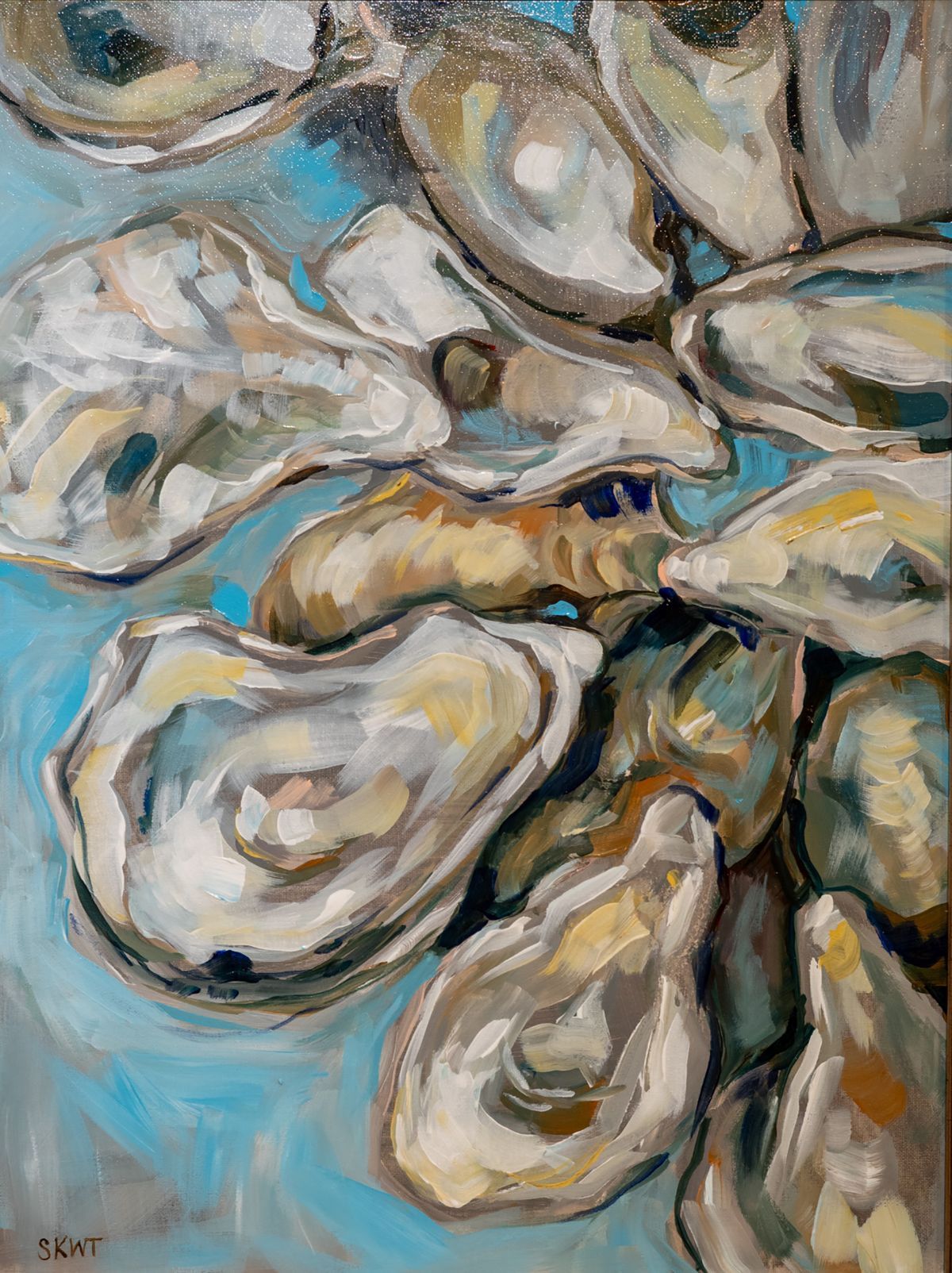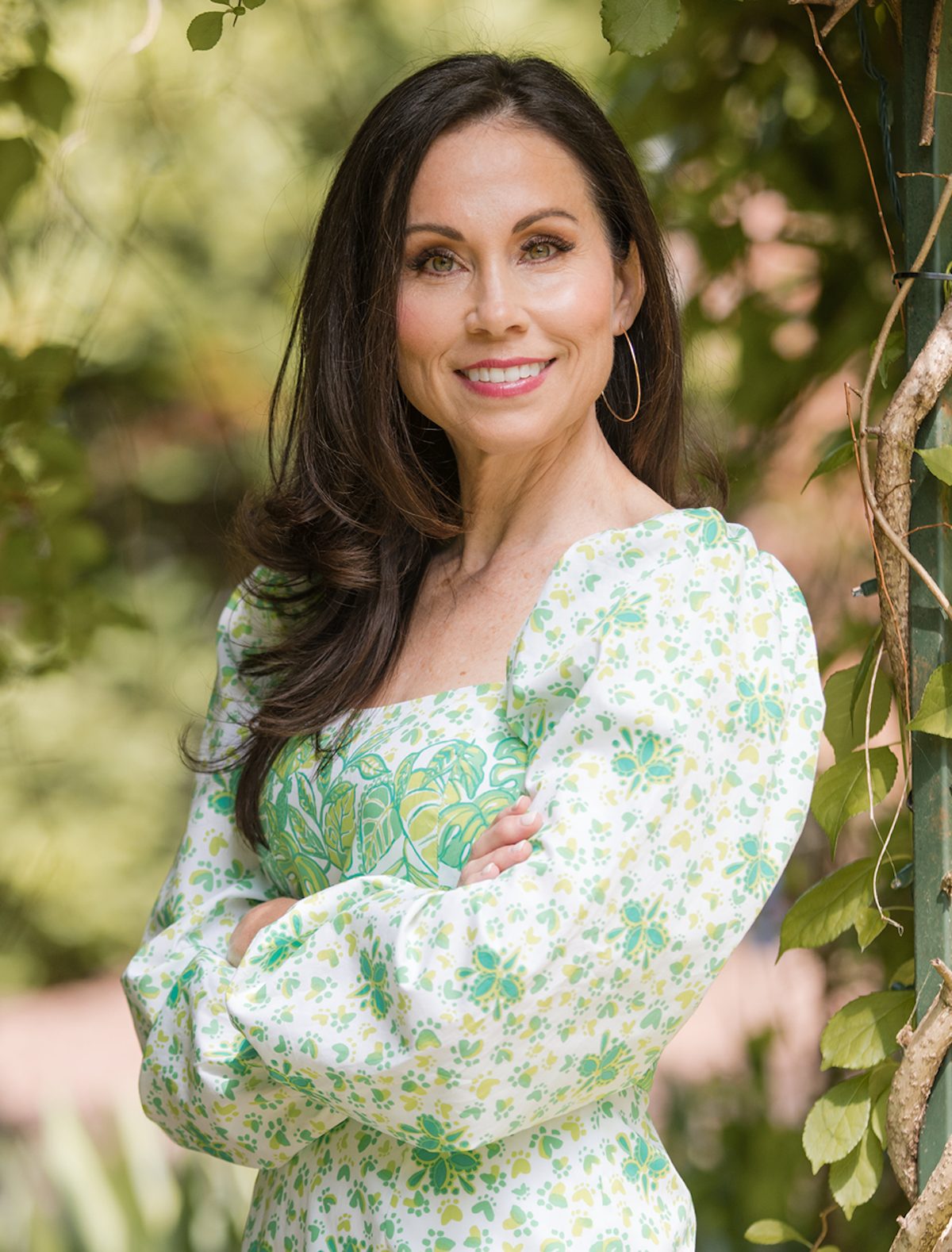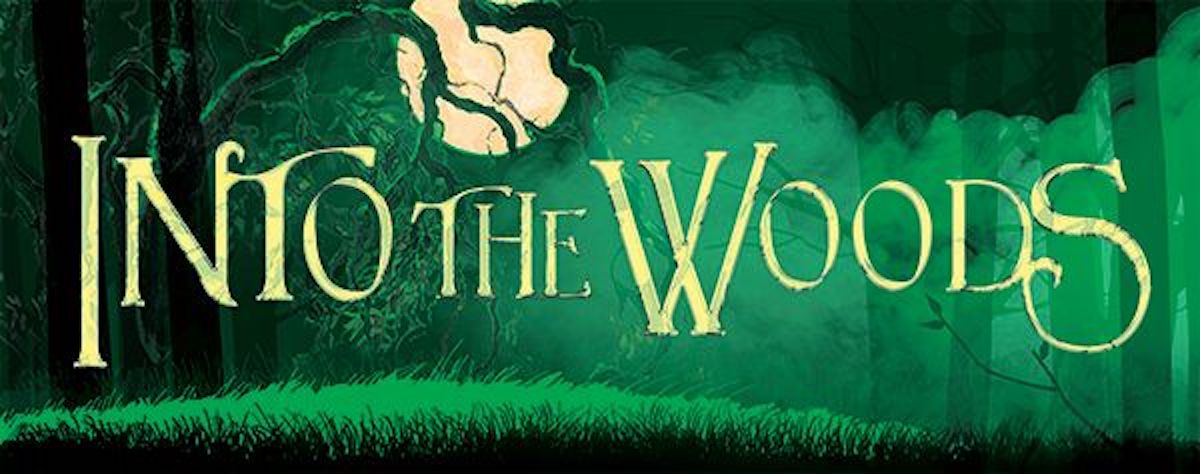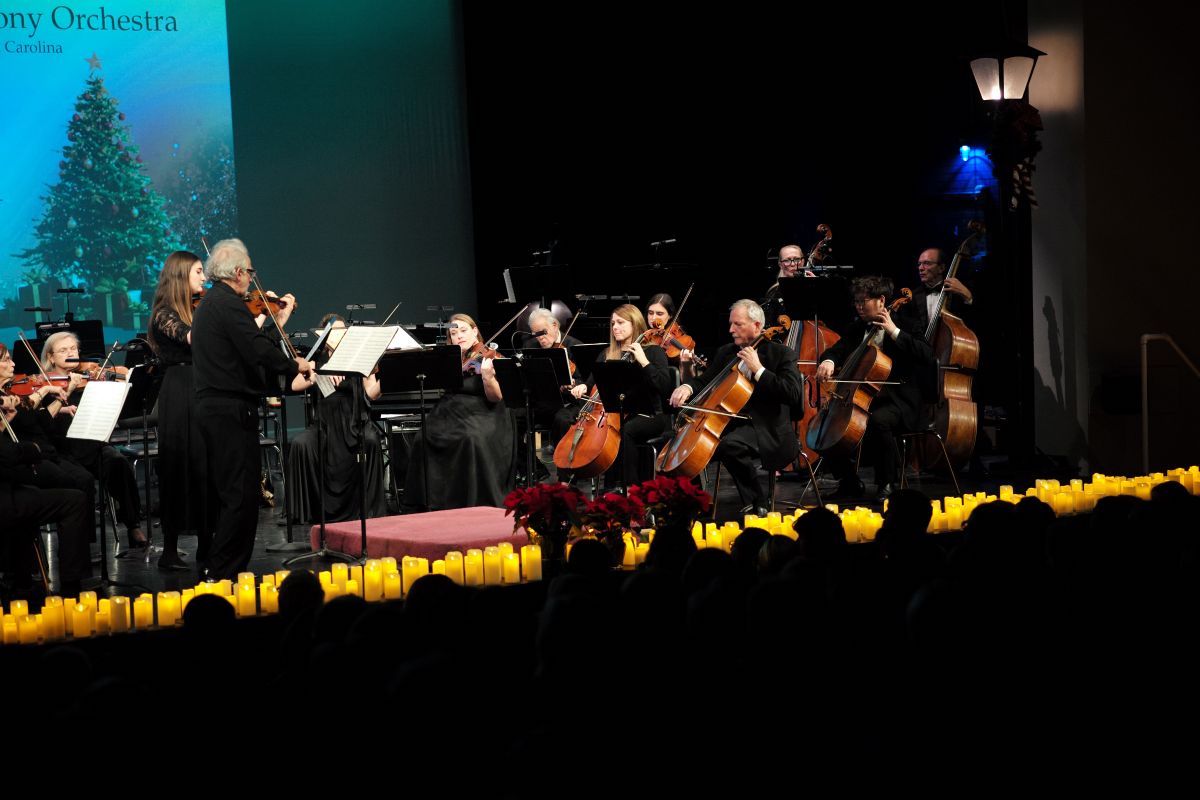By Becky Sprecher
Mark your calendars now because you don’t want to miss this performance. On Saturday, May 7, the Metropolitan Opera will broadcast live in Hi-Def Giacomo Puccini’s “Turandot” at the Center for the Arts at 801 Carteret. Curtain is at 1 p.m.
As Asia began to open up at the turn of the 20th Century, a wave of fascination for the cultures of China and Japan swept over Europe. This suited Puccini’s imagination perfectly because “he had a great gift for perfumed melody and special sympathy for his women characters,” writes Fred Plotkin in Opera 101. After successfully completing a work about Japan, “Madama Butterfly,” the composer turned his interest to China.
The story centers around a princess who mandates that any suitor must answer three riddles before he can marry her. If he fails, he will be beheaded.
As the opera begins, the Prince of Persia has just failed the test and his head is being paraded through the crowd on a pike. But Turandot has good reasons for this macabre ritual; her relative Lou-Ling had been murdered by a prince during his pursuit of her.
Desperately trying to protect herself from such a fate, she sabotages every chance at love, even taking on some of the cruel traits of the killer herself. Will our hero, Calaf, be the prince who can melt her cold heart?
Artistically, Puccini was inspired by a music box that played four Chinese melodies. He received the box as a gift from Baron Eduardo Fassini-Camossi, an Italian envoy to China, who had acquired it during the Boxer Rebellion and brought it back home. Three of the melodies found their way into the opera, including Turandot’s theme which is sung by a children’s chorus early on and repeated throughout.
Puccini had completed Acts I, II, and part of Act III when he died of complications from throat cancer. Arturo Toscanini conducted the premiere at La Scala in Milan in 1926, laying down his baton at the appropriate point in Act III, turning to the audience and saying, “Here the opera ends, because at this point the maestro died.” The composition was later completed by Franco Alfano from Puccini’s sketches and notes.
Objecting to what they viewed as an unfavorable portrayal of their country, The People’s Republic of China banned productions of Turandot for years. They finally relented in 1998, when they staged a series of magnificent performances at the Forbidden City with Zubin Mehta conducting and soldiers from The People’s Liberation Army as extras.
There is an awkwardness in this opera that must be pointed out. The role of the slave girl, Liu, is sung by a lyric soprano, always a sympathetic voice. She has an aria early in the opera that never fails to captivate everyone’s heart. Turandot, however, is written for a heroic/dramatic soprano who must sing about great passions and tumult, and this requires a voice with some heft. Together with her formal court attire and elaborate headdresses, Turandot has such a forbidding presence that one wonders why the prince doesn’t run off with sweet Liu instead.
But this is opera, and you must let your ears give you what you need to know. Turandot’s central problem is that she is desperate to have love in her life but is terrified of accepting it. To communicate this trauma effectively requires substantial music with high drama, and Puccini gives it to her. As with all dramatic sopranos, the trick is to generate volume over a roiling orchestra but still sound beautiful. To quote Plotkin again, “volume without beauty would be a poor performance indeed. The great dramatic sopranos make audiences sit up and listen not only because of volume … but because they make the passions and tribulations of great heroines so compelling.”
We will see how the Met’s Turandot meets this vocal challenge.
The famed Russian soprano Anna Netrebko was originally scheduled to sing this title role, but she has been replaced because of her close ties to Vladimir Putin and her refusal to denounce his invasion of Ukraine.
Some may disagree with this decision, asserting that artists should be above politics. But one has to consider the fact that audiences simply will not find believable someone who is singing about the trauma of violence and death while in real life, he or she has not denounced a leader who is perpetrating these very crimes on masses of people. “The very power of art,” says Opera News Magazine, “is its ability to express truth; artists cannot do that unless they live that truth in the real world.”
Singing Turandot instead will be Liudmyla Monastyrska, who hails from Kiev, Ukraine.
The undeniable hit song of the opera is the aria Nessun Dorma. It is sung by Prince Calaf who, having answered the three riddles correctly, does the gentlemanly thing and says he’ll let Turandot out of marrying him if she can guess his name before dawn. The princess immediately decrees to her subjects that “no one sleeps” until the name is discovered, hence the aria’s title.
But Calaf is madly in love and determined to wed Turandot and he needs a big aria to express his feelings. Nessun Dorma more than fills the bill; it is a passionate aria that is all about struggles, determination, and ultimately, victory. The last line is, “At dawn, I shall win! I shall win!”
Popular audiences became acquainted with this aria in 1990 when three well-known tenors who were also soccer lovers, Luciano Pavarotti, Placido Domingo, and Jose Carreras, decided to team up with conductor Zubin Mehta to give a concert at the Baths of Caracalla in Rome to celebrate the FIFA World Cup matches being played in the city. The men worried about whether or not the concert would be successful, prompting Luciano to say, “Nobody will come, please give me a bus for my friends from Modena.”
But they did come. The night of the concert, a glittering crowd arrived (former Secretary of State Henry Kissinger among them), the men clad in coats and ties, the ladies in dresses and jewelry. Between arias, some in the audience monitored the third place match being played between Italy and England on their “brick” mobile phones.
There was a lot of great singing that night, but things came to a standstill when Placido began to sing the opening bars of Nessun Dorma. Then Jose sang a few lines, which resonated with the audience because it was well known that he had suffered from acute leukemia, recovering completely when he underwent one of the first bone marrow transplants ever performed. Next came Luciano, his inimitable voice soaring, then all three men sang the “I will win!” line in unison.
The audience erupted. Italy won the match that night, and opera won, too. The video of the concert would ultimately be seen by over a billion viewers, and the singers went on to give concerts all over the world. (The documentary, The Three Tenors: From Caracalla to the World, is currently streaming on Apple TV.)
If there’s a reluctant opera goer in your life, now is the time to pounce and get them a ticket. As Luciano’s widow Nicola says, “Both music and sport create community.” “Turandot” is a grandiose spectacle with perfectly gorgeous music that’s easy to love. The lavish production with its fairy-tale sets, first staged in 1987 by the late Italian film director Franco Zeffirelli, is so beloved by audiences they refuse to let the Met mothball it. And best of all “Turandot” has a happy ending, a rarity in this art form. If you go to only one opera in your life, this should be it.
Turandot will be sung in Italian with Met Titles in English. Run length is about three and a half hours, although the interviews sometimes add extra time. There are Intermissions between Act I and II, and Act II and III.
WANT TO GO?
What: Metropolitan Opera’s Turandot in Hi Def
When: 1 p.m., Saturday, May 7
Where: USC Beaufort Center For The Arts, 801 Carteret Street
Tickets: Visit uscbcenterforthearts.com. Tickets will also be on sale at the door for $22, $20 for OLLI members.
More information: Visit metopera.org.







